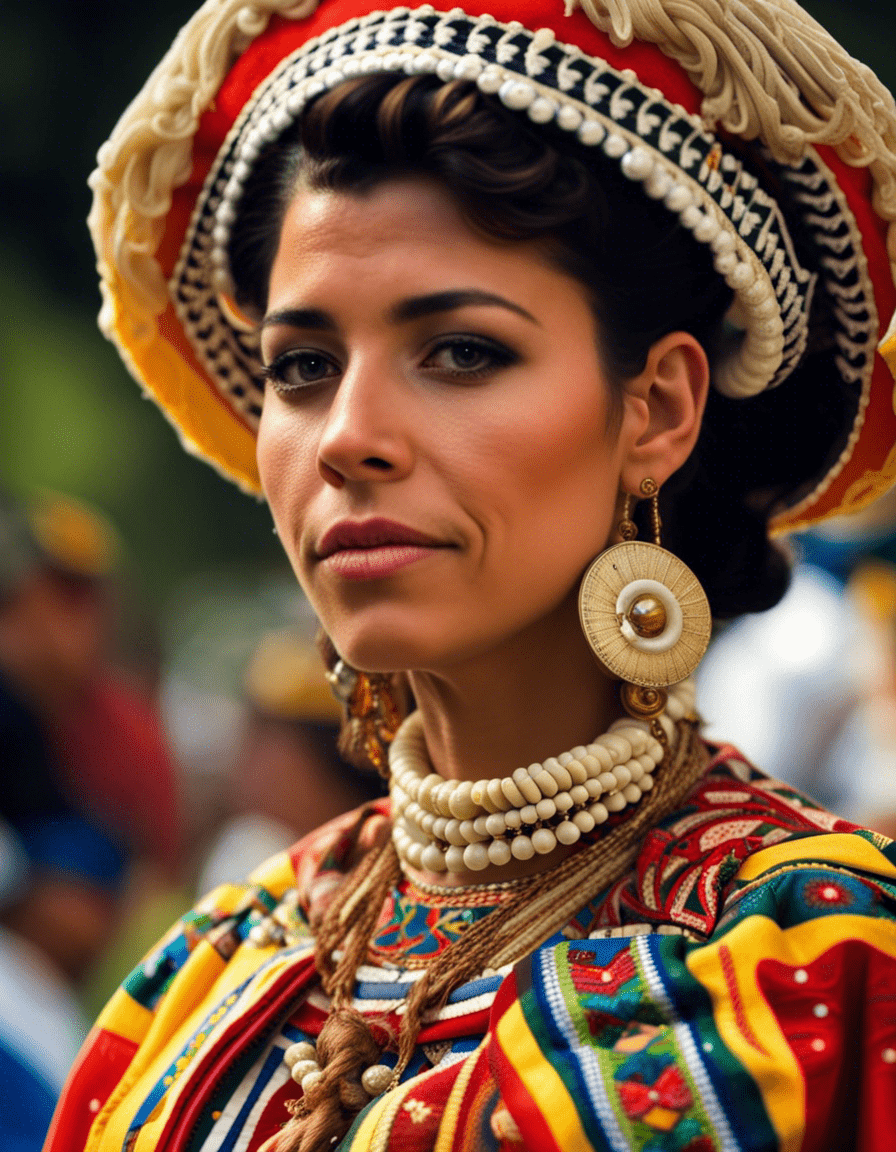
Honduras, officially known as the Republic of Honduras, is a country in Central America. It is bordered by Guatemala to the west, El Salvador to the southwest, Nicaragua to the southeast, the Pacific Ocean at the Gulf of Fonseca to the south, and the Caribbean Sea to the north. The country is known for its rich natural resources, including minerals, coffee, tropical fruit, and sugar cane, as well as for its growing textiles industry that serves the international market.
Honduras covers an area of approximately 112,492 square kilometers, making it the second-largest country in Central America. Its terrain is mainly mountainous with narrow coastal plains. The climate varies from tropical in the lowlands to temperate in the mountains. The country is also home to several important rivers, the longest of which is the Ulua River.
As of 2021, the population of Honduras is estimated to be around 9.9 million people. The country is ethnically diverse with a mix of indigenous peoples, Europeans, Africans, and Asians. Spanish is the official and most widely spoken language. The culture of Honduras is a blend of indigenous identity, Spanish influence, and modern Americanization. The majority of the population is Roman Catholic, but there is also a significant Protestant minority.
The economy of Honduras is based primarily on agriculture, which accounts for more than a quarter of the gross domestic product (GDP) and employs approximately two-thirds of the workforce. The country is a major exporter of bananas, coffee, palm oil, and farmed shrimp. However, despite its economic potential, Honduras remains one of the poorest countries in Latin America, with more than half of the population living in poverty.
Honduras is a democratic republic. The President of Honduras is both the head of state and head of government. Executive power is exercised by the government. Legislative power is vested in the National Congress of Honduras. The country has a multi-party system. The judiciary is independent of the executive and the legislature.
Education in Honduras is free and compulsory for children between the ages of 6 and 15. The country has a literacy rate of approximately 88%. Higher education is provided by a number of universities, the most prestigious of which is the National Autonomous University of Honduras.
| Cookie | Duration | Description |
|---|---|---|
| cookielawinfo-checkbox-analytics | 11 months | This cookie is set by GDPR Cookie Consent plugin. The cookie is used to store the user consent for the cookies in the category "Analytics". |
| cookielawinfo-checkbox-functional | 11 months | The cookie is set by GDPR cookie consent to record the user consent for the cookies in the category "Functional". |
| cookielawinfo-checkbox-necessary | 11 months | This cookie is set by GDPR Cookie Consent plugin. The cookies is used to store the user consent for the cookies in the category "Necessary". |
| cookielawinfo-checkbox-others | 11 months | This cookie is set by GDPR Cookie Consent plugin. The cookie is used to store the user consent for the cookies in the category "Other. |
| cookielawinfo-checkbox-performance | 11 months | This cookie is set by GDPR Cookie Consent plugin. The cookie is used to store the user consent for the cookies in the category "Performance". |
| viewed_cookie_policy | 11 months | The cookie is set by the GDPR Cookie Consent plugin and is used to store whether or not user has consented to the use of cookies. It does not store any personal data. |